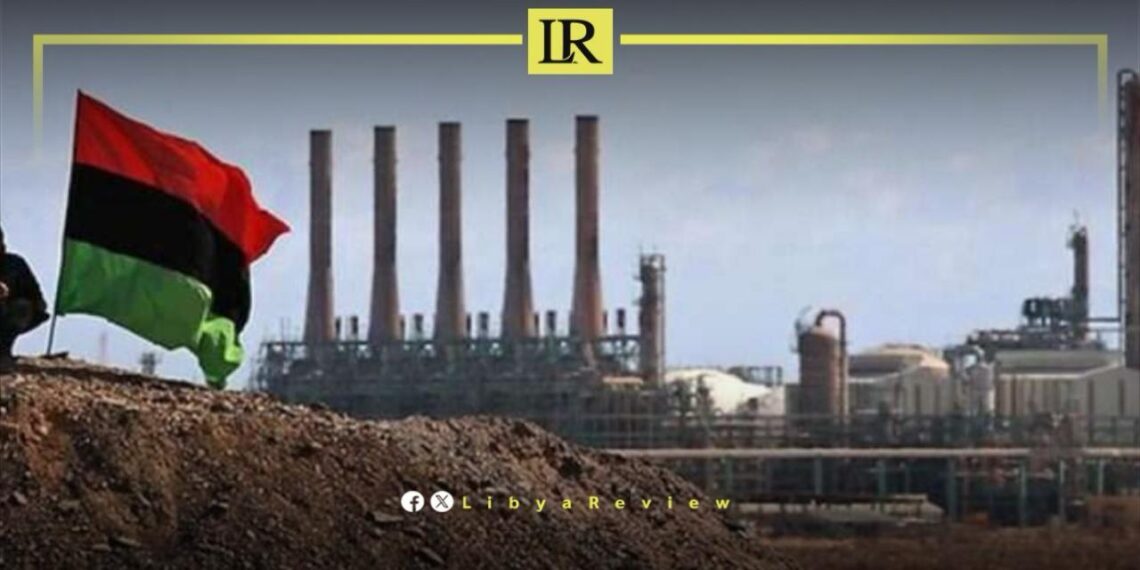On Saturday, Libyan authorities initiated a comprehensive investigation following the seizure of a significant quantity of methyl bromide gas cylinders, a toxic substance discovered smuggled inside a truck in Zliten, a city in western Libya.
The Libyan Attorney General, Al-Siddiq Al-Sour, ordered the detention of the individual responsible for transporting the smuggled Methyl Bromide gas into the country on Thursday evening.
Images circulating in Libyan media outlets show the gas cylinders concealed within a truck, buried under dirt, highlighting the smugglers’ attempts to evade detection.
According to press reports, Libyan authorities were alerted to “unjustified traffic movement across Libyan cities involving an individual wanted by the prosecution for his involvement in large-scale drug trafficking and psychoactive substances.”
Acting on this information, security forces tracked down the suspect, apprehending him in possession of 253 cylinders containing “Methyl Bromide,” described as “toxic and carcinogenic.”
The Attorney General’s office clarified that the seized gas is classified among substances banned from import due to its potential to cause chronic diseases in humans and harm the ecological system.
As the suspect remains in custody, the focus of the Libyan authorities has shifted to unraveling the smuggling operation’s logistics.
Understanding how such a large quantity of a banned substance was transported into Libya is crucial for preventing future incidents and tightening security measures.
This incident not only highlights the challenges faced by Libya in combating smuggling and ensuring environmental safety but also reflects the broader regional and global issues surrounding the illegal trade of hazardous materials. The outcome of this investigation could serve as a critical case study for international environmental and security policies. It emphasises the need for stringent regulations and collaborative efforts to combat the smuggling of toxic substances.


